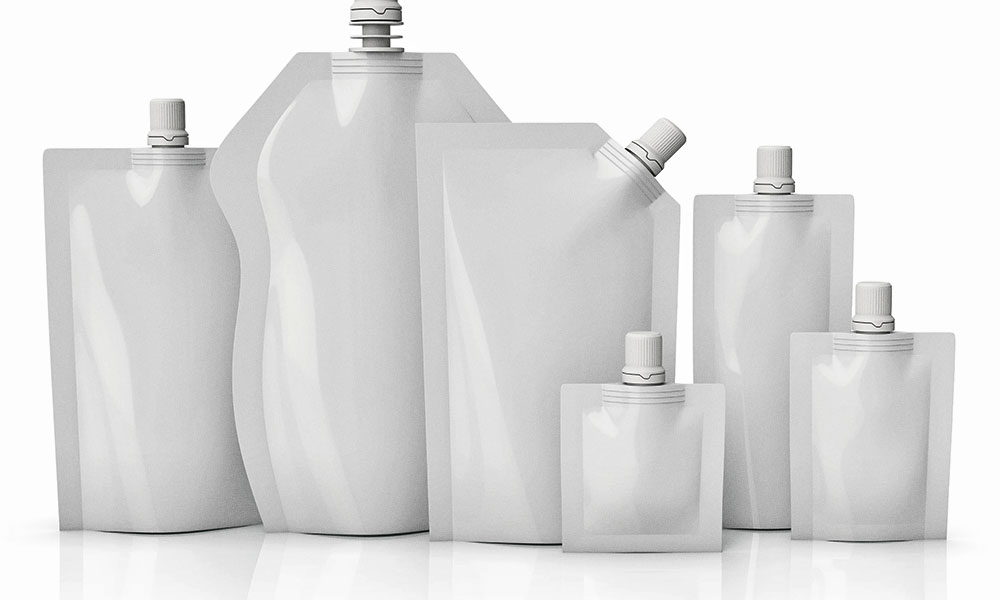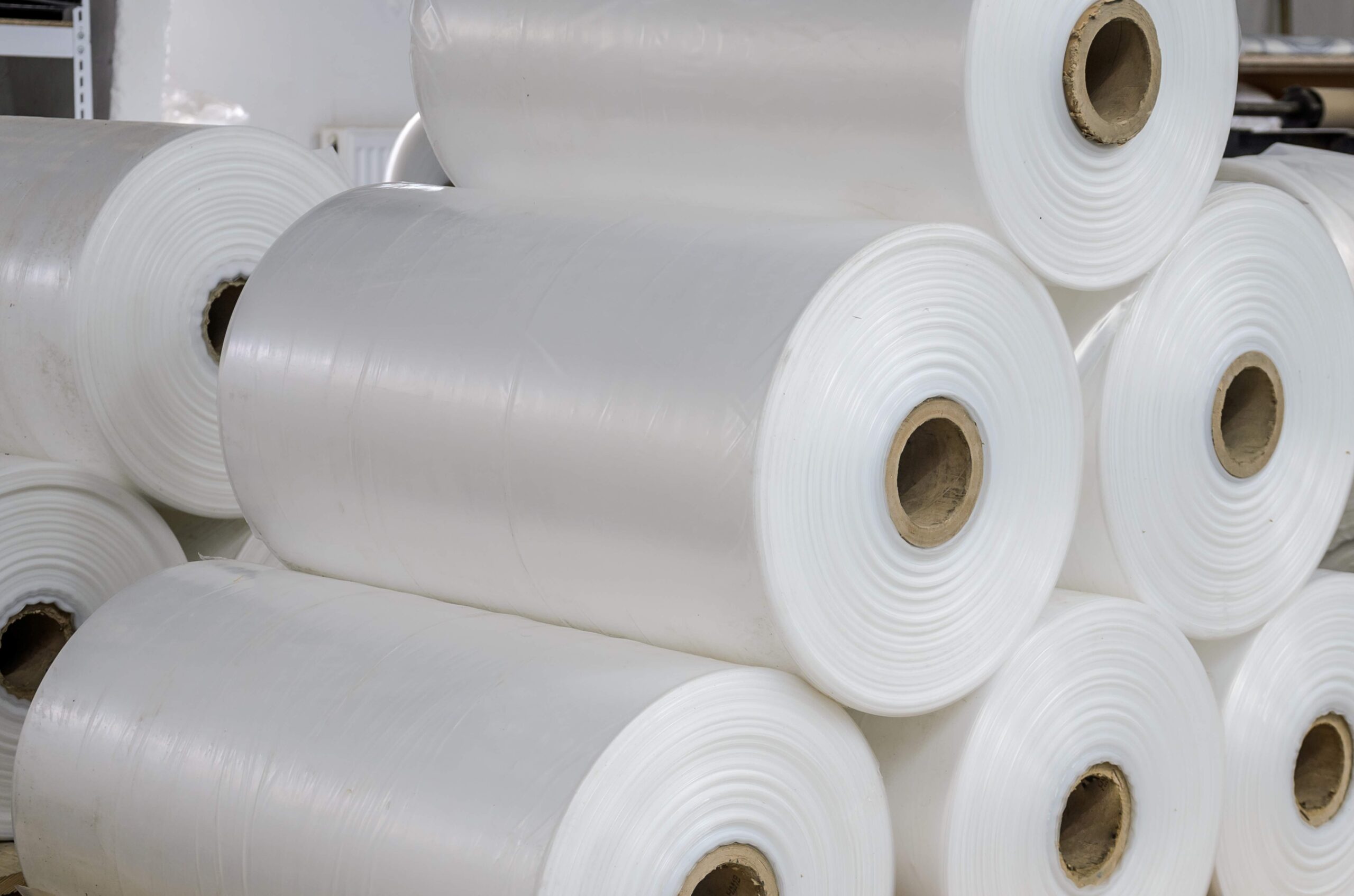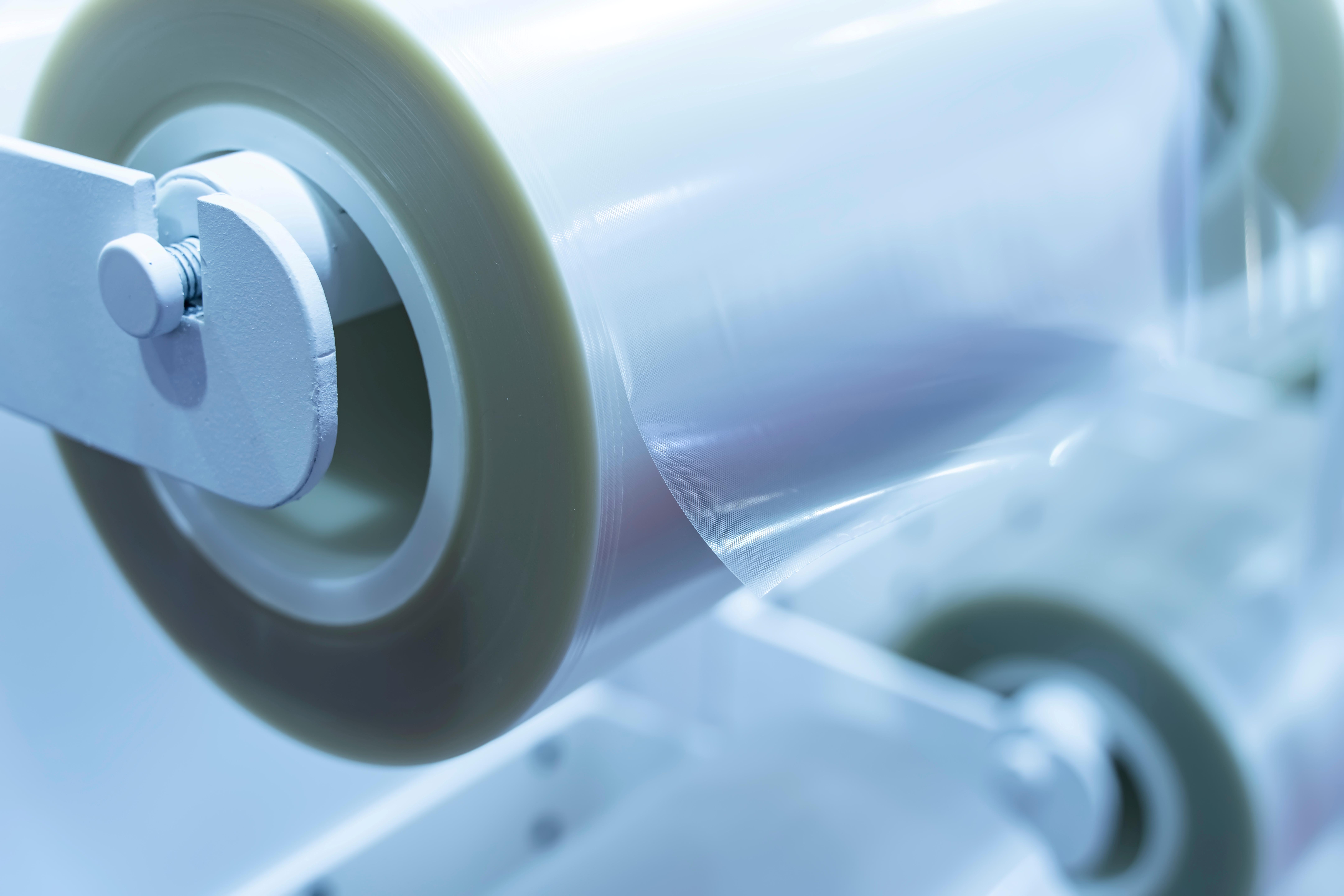-
Fitments in Flexible Packaging: Innovation That Connects Convenience, Performance, and Sustainability
In today’s packaging world, fitments are far more than functional add-ons — they’re key components that transform flexible packaging into a smart, user-friendly, and sustainable solution. From spouts and valves to caps and closures, fitments extend the life, value, and versatility of flexible packaging across markets ranging from food and…
-
BON, BOPET, and BOPP: Comparing Top Performers in Flexible Packaging
When it comes to high-performance flexible packaging, three materials consistently lead the pack: Biaxially Oriented Nylon (BON), Biaxially Oriented Polyester (BOPET), and Biaxially Oriented Polypropylene (BOPP). Each of these films offers unique characteristics that make them ideal for specific applications — from food and medical to industrial and personal care.…
-
What is Biaxially Oriented Film? A Guide for Flexible Packaging
Biaxially film orientation is a process where manufacturers heat and stretch a plastic film in two different directions, both lengthwise and widthwise. Think of it like taking a piece of soft dough and stretching it out evenly in all directions. This reorganizes the polymer molecules inside, creating a very thin, strong,…



